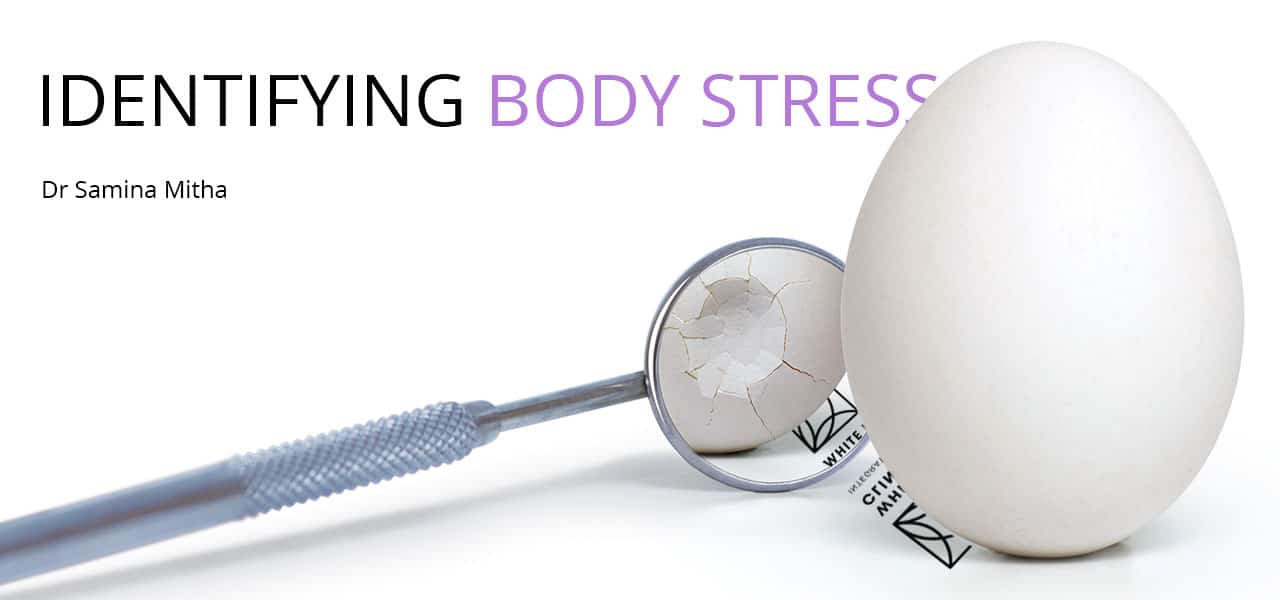Feeling stressed is something each and every one of us experiences. It is normal to have some stress in our daily activities. It gives us some energy, it gets us motivated and keeps us going. However, we know that high amounts of stress can significantly impact your health.
I often have patients come into the office saying that they have stress but it doesn’t affect them, or they don’t have any stress at all – but in fact, their whole picture is related to unhealthy coping strategies they are using to deal with the stress that they are not seeing. Sometimes the physical signs of stress are noticeable but sometimes they are not.
This article is going to over the human stress response and how to identify it and cope with it using naturopathic medicine.
What is the human stress response?
When stress hits the body’s first response is to release our adrenaline hormones – epinephrine and norepinephrine. Follow that the brain will release cortisol – our stress hormone. Behavioral responses will follow such as increased heart rate, blood pressure and release energy to help fight the “danger” at hand redirecting blood flow to the heart, muscles, and brain and away from the digestive system. This process uses up lots of energy, nutrients, and fluids.
Once the stressor has passed the body works to turn off these brain signals to eventually recover, relax and replace lost nutrients to re-establish balance. In our modern-day world, the biggest part that is missing in the stress response is the RECOVERY phase. We are bombarded with recurring events such as traffic, work stress, negative self-talk, environmental toxins, artificial lighting, relationship issues, finances, and the list goes on. These daily stressors can cause the stress response to be turned on all the time without enough time to recover.
What are the common physical symptoms of chronic stress?
- Chronic pain
- Headaches
- Acne
- Fatigue
- Decreased libido
- Digestive issues
- Changes in appetite (ie. increased or decreased)
- Depression
- Heart palpitations
- Sweating
- Infertility
What does stress look like?
Stress can come in many forms and it doesn’t necessarily have to always be physical symptoms or mental disturbances. Here are some of the signs that you are stressed even though you don’t feel stressed.
- Irritability
- Obsessive behaviors (ie. checking things multiple times)
- Overworking or overscheduling
- Overindulging on food
- Dizziness or numbness
- Insomnia (ie. issues falling asleep, staying asleep or not waking up refreshed)
- Lack of concentration
- Avoidance
- Feeling anxious
- Inability to lose weight
What are some natural ways to manage stress?
Botanical medicine: ADAPTOGENS
Adaptogens are herbs that help us to adapt to stress. They are especially important at helping our bodies cope with both short term and long term stress whether physical, mental or both. Examples of adaptogens include Withania somnifera, Eleutherococcus senticosus, Rhodiola rosea, Schisandra chinensis.
Botanical medicine: NERVINES
There are specific herbs that help to calm the nervous system down. These are called nervines. They help nourish and support our nervous system and ultimately allows for a calm environment in your body. Examples of nervines include, Avena sativa, Chamomile, Humulus, Valerian.
Chinese medicine: ACUPUNCTURE
Acupuncture in the research is promising in supporting anxiety. However, the method of the studies varies quite considerably and it can be hard to conduct a study with a control group. More research needs to be conducted but from my personal clinical experience, I have found that acupuncture can support stress and anxiety.
Lifestyle: EXERCISE
Research has supported exercise being associated with general well being and lower rates of mood and anxiety disorders. A study in the Frontier of Physiology compared those who regularly exercise (about 3 times a week) compared to those who were sedentary. What they found was those who exercised regularly were more resilient to acute stressors.
Supplementation: L-theanine, Magnesium, Vitamin B5 and B6
Specific supplements can also help us with coping with stressful situations. L-theanine is a natural constituent of green tea. It is really helpful at calming a busy mind that is planning, worrying and feeling overwhelmed.
Key Points:
- Constant daily life stressors can keep our stress response continually activated
- Stress can come in many different forms
- Botanical medicine, acupuncture, exercise and supplementation can help manage stress





